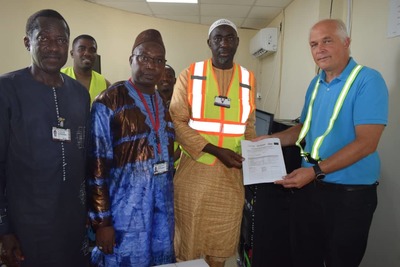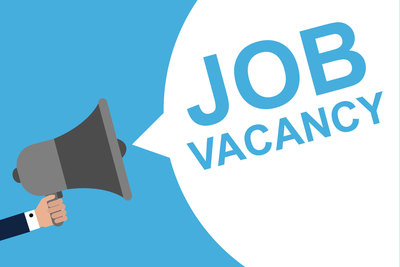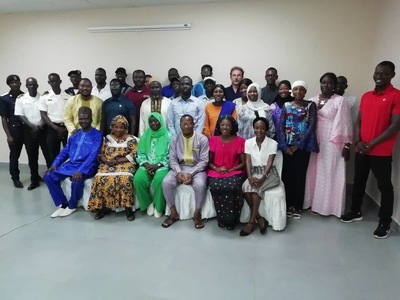Ministry of Fisheries, FAO hold ‘Gender Desk’ operationalization meeting

For a collaborative approach, the FAO in conjunction with the Ministry of Fisheries Water Resources and National Assembly Matter on Monday kicked off a capacity building of a ‘gender desk’ within the Ministry of Fisheries and Water Resource of The Gambia.
The ongoing meeting at the Bakadaji Hotel, Kololi is held from the 8th to 12th of May 2023.
Speaking on behalf of Dr. Moshibudi Rampedi, FAO Rep in The Gambia, Ms. Khadija Diallo from FAO said the meeting is the final step in the capacity-building process of the Fisheries Gender Desk at the Ministry of Fisheries and Water Resources, supported by the FAO EAF-Nansen Program.
She disclosed that the contribution of women and youth to the fisheries sector is often poorly documented, “this results in a relatively low capacity of fisheries officers and decision makers to mainstream gender in the development and implementation of national fisheries policies and plans.”
However, she said, the FAO recognizes that ensuring the equal participation of both men and women is essential for achieving these global goals, and therefore gender mainstreaming is considered cross-cutting in all activity areas of the Organization.
Madam Diallo pointed out that the Food and Agriculture Organization of the United Nations (FAO) contributes to the achievement of the 2030 Agenda through FAO’s Strategic Framework by supporting the transformation to more efficient, inclusive, resilient, and sustainable agri-food systems, for better production, better nutrition, a better environment, and a better life, leaving no one behind.
She lamented that the thematic policy statement in the Gambia’s national Gender and Women Empowerment Policy calls on the government to take measures to establish gender units in all ministries and departments and allocate resources for effective gender mainstreaming.
The FAO EAF-Nansen Program, she highlighted, “represents a collaboration with 32 coastal countries in sub-Saharan Africa and the Indian Ocean. The long-term objective of the Program is that ‘sustainable fisheries improve the food and nutrition security of the populations of partner countries.”
Meanwhile, she resounded that the FAO Representation in The Gambia remains committed to achieving the UN Sustainable Development Goal number 5 on Gender Equality and Women’s Empowerment.
Declaring the capacity building of the ‘Gender Desk’ operationalization meeting open, Mrs Anna Mbenga Cham, Director of the Department of Fisheries said the capacity building of the ‘Gender Desk’ was supported by the FAO EAF-Nansen program.
Giving a background of the program, she said it began in 2017, with the primary goal of improving the knowledge base for sustainable fisheries management, supporting the ecosystem approach to fisheries management, and building the necessary human organizational capacities for partner countries to sustainably manage and exploit the fisheries resources.
The strategy, she stated, involves mainstreaming gender at all levels of the sector, including management, development, and communication, to ensure equal participation of men and women in fisheries governance.
“The Ministry of Fisheries Water Resources and National Assembly Matter realizes the importance of mainstreaming gender in the management and development of the fisheries sector have incorporated the revised fisheries legislations to address gender social inclusion dimensions in planning, programming, implementation, monitoring and evaluation of projects and programs of the fisheries sector and is in support of institutionalization of gender, coupled with the collection of gender-disaggregated data, to enable tracking of progress in gender mainstreaming in fisheries policies and operations, as well as the evaluation of gender impacts in poverty alleviation, food, and nutrition security,” she said.


